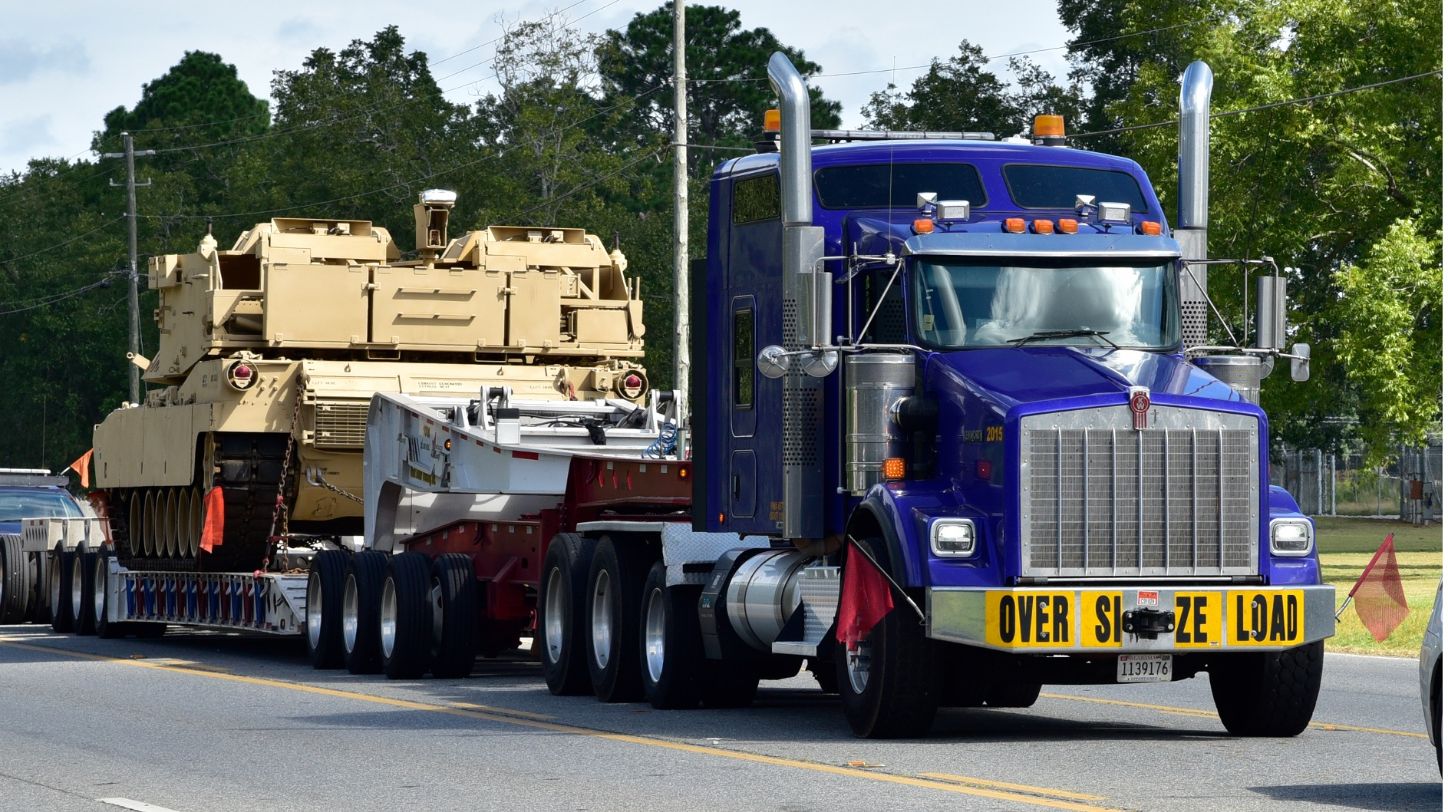
In a significant extension of its longstanding partnership with the US Government, Crowley has been awarded a US$2.3 billion (c. £1.8bn), seven-year contract by US Transportation Command (USTRANSCOM) to continue leading the Defence Freight Transportation Services (DFTS) programme.
Originally awarded the DFTS contract in 2017, Crowley holds one of the largest logistics contracts within the federal government’s extensive logistics programme. DFTS includes a variety of transportation modes across the US, Alaska and Canada, such as less than truckload, full truckload, expedited, time-definite and rail services. It also includes cross-docking and warehousing capabilities, ensuring a comprehensive supply chain solution for the US military.
“There is no greater honour than to serve the logistics needs of our nation’s military service members with the trust of the US Department of Defence. The lasting partnership built with USTRANSCOM is a privilege that the people at Crowley never take lightly as we ensure an efficient and effective supply chain for the military and other agencies’ needs,” said Ray Fitzgerald, COO of Crowley. “We are humbled and immensely proud to continue delivering this critical transportation service for America’s defence safely and reliably.”
Throughout its tenure under the initial DFTS contract, Crowley has garnered multiple high-performance ratings from USTRANSCOM and accolades from the Defence Logistics Agency. The company has implemented advanced technology solutions to enhance its freight transportation efficiency.
Entering the new contract, DFTS II, Crowley is set to maintain its commitment to utilising small businesses and diverse suppliers, driving substantial investment and bolstering community resilience nationwide. The company has reportedly exceeded $600 million (c. £471m) in diverse small business contracting, expanded its network of carriers and suppliers by over 500%, and tripled the minimum capacity needed to manage 300,000 annual movements of critical equipment and supplies.